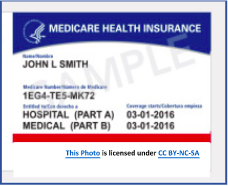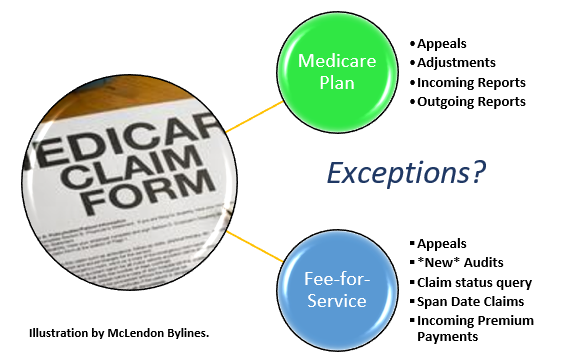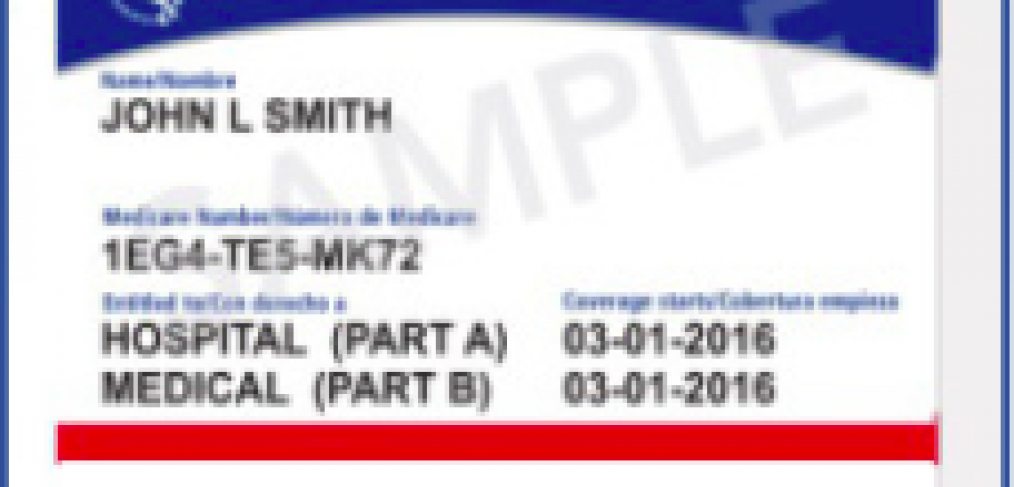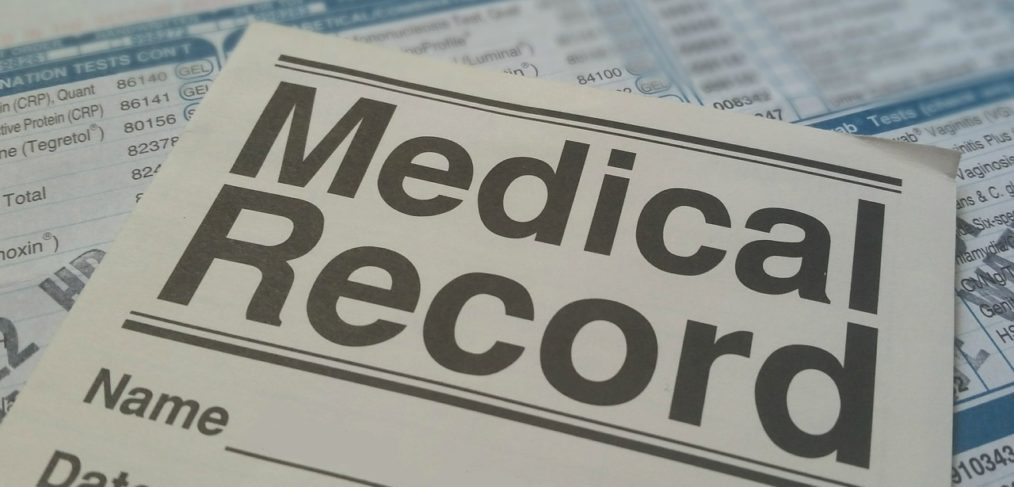
Have you heard? Over the next 20 months, Medicare patients across the United States will receive a new Medicare card. States will receive the cards in a series of releases or “waves.” The new card will be clearly different than the old ones, consisting of 11 upper case and numerical characters.
During this interim period, care providers will be able to use either the new MBI card or the old social security-based health insurance claim number for billing. But before you breathe a sigh of relief, two important details shouldn’t escape your notice:
- Your systems will need to accept the new format by April 30, despite a grace period to allow time for implementation and disbursement of the cards.
- Billing and filing claims using the old number will work through December 2019.
If updates to your system are needed, it’s not too late. Use this downloadable cheat sheet to get the MBI format specifications – or ask your preferred medical practice services provider or biller for assistance.
Once the cards start showing up in your practice, you’ll want your front office staff to check to see if the patient’s mailing address up to date. If not, the patient will need to contact Social Security at ssa.gov/myaccount or 1-800-772-1213 and correct their mailing address.
According to Medicare, www.cms.gov, starting January 1, 2020, claims submissions must use MBIs, no matter what date you performed the service. There are only two sets of claim exceptions, illustrated below, while https://www.cms.gov/Medicare/New-Medicare-Card/index.html, offers specifics – as well as regular updates.

If you need resources to share with patients, or you wish to lead an information campaign in your community, https://www.cms.gov/Medicare/New-Medicare-Card/Partners-and-Employers/Partners-and-employers.html, is a great place to start.




